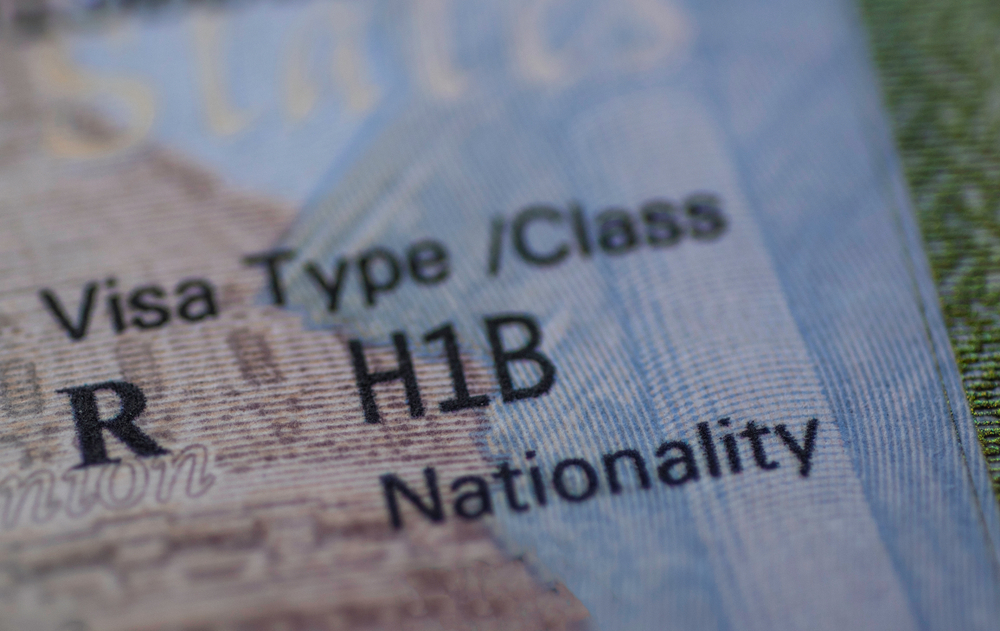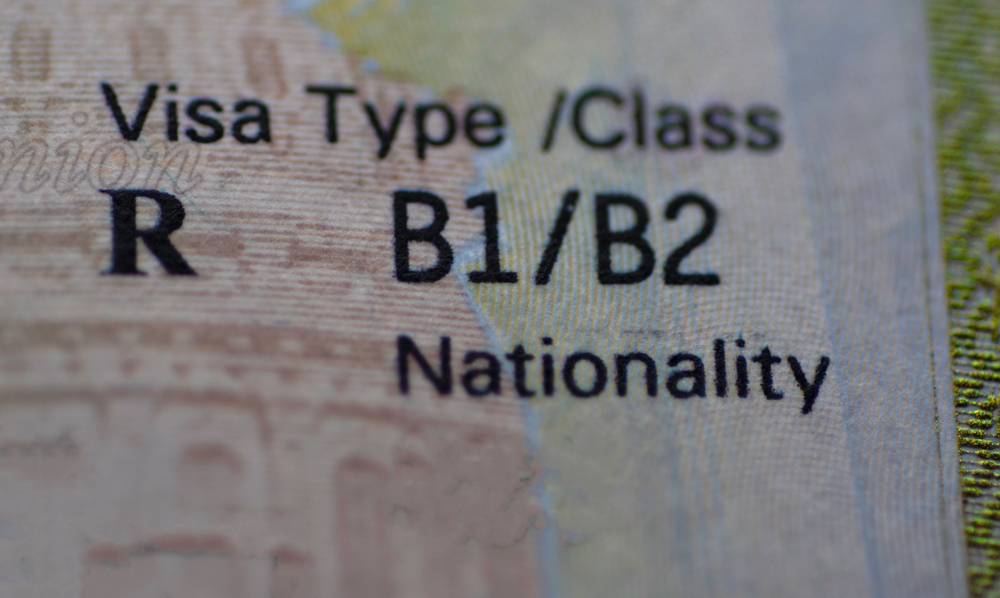Temporary Work Visa vs Permanent Residency: The Pros and Cons
When it comes to living and working in a foreign country, you’ll often hear about two main options: temporary work visas and permanent residency. While both allow you to legally work and reside in a country, they have some significant differences that you should be aware of before making a decision.
In this article, we’ll take a look into the pros and cons of each option, so you can make an informed choice based on your unique circumstances and goals.
Temporary Work Visa
 First, let’s talk about temporary work visas. These visas, as the name suggests, allow you to work in a country for a specific period of time. There are various types of temporary work visas, such as the H-1B visa in the United States, the Skilled Worker visa in the United Kingdom, and the Temporary Skill Shortage (TSS) visa in Australia. Each visa has its own set of requirements and limitations, so it’s essential to research the specific visa you’re interested in.
First, let’s talk about temporary work visas. These visas, as the name suggests, allow you to work in a country for a specific period of time. There are various types of temporary work visas, such as the H-1B visa in the United States, the Skilled Worker visa in the United Kingdom, and the Temporary Skill Shortage (TSS) visa in Australia. Each visa has its own set of requirements and limitations, so it’s essential to research the specific visa you’re interested in.
Now, let’s look at the pros of temporary work visas:
- Faster processing times: Compared to permanent residency applications, temporary work visas often have shorter processing times. This means you can start working in your desired country sooner.
- Flexibility to change employers or leave the country: With a temporary work visa, you have the freedom to change employers (within the same field) or leave the country if your plans change. This flexibility can be advantageous if you’re unsure about your long-term plans or if you want to gain international experience without committing to a specific country permanently.
- Possibility to transition to permanent residency: In some cases, holding a temporary work visa can make it easier to transition to permanent residency later on. Many countries have pathways that allow temporary work visa holders to apply for permanent residency after meeting certain requirements, such as working in the country for a specified period or being sponsored by their employer.
Read: 7 Secrets to Acing Your UK Visa Interview
However, temporary work visas also have some drawbacks:
- Limited duration of stay: As mentioned earlier, temporary work visas are only valid for a specific period. This means you’ll need to renew your visa or find an alternative option once it expires, which can be stressful and uncertain.
- Dependence on employer sponsorship: Most temporary work visas require sponsorship from an employer. If you lose your job or your employer decides not to sponsor you anymore, you may have to leave the country.
- Restrictions on employment and travel: Temporary work visas often come with restrictions on the type of work you can do and the amount of time you can spend outside the country. These limitations can affect your career prospects and personal life.
- Uncertainty about long-term plans: With a temporary work visa, there’s always a degree of uncertainty about your long-term plans. You may not be able to plan too far ahead, as your ability to stay in the country depends on factors like visa renewals and employment.
Permanent Residency
Now, let’s explore permanent residency. Permanent residency, also known as a “green card” in the United States, grants you the right to live and work in a country indefinitely. It’s a more long-term solution compared to temporary work visas.
Permanent residency comes with several advantages:
- Indefinite stay in the country: As a permanent resident, you can stay in the country indefinitely, as long as you don’t violate any laws or regulations that could lead to deportation.
- Freedom to work for any employer: Unlike temporary work visas, permanent residency allows you to work for any employer without the need for sponsorship. This gives you more flexibility in your career choices.
- Ability to sponsor family members: Permanent residents can sponsor their spouse and unmarried children to join them in the country, promoting family unity.
- Access to government benefits and services: Permanent residents are generally entitled to the same benefits and services as citizens, such as healthcare, education, and social security (depending on the country).
- Path to citizenship: In many countries, permanent residency is a prerequisite for applying for citizenship. After living in the country for a specified period and meeting other requirements, permanent residents can often apply for naturalization.
However, permanent residency also has some drawbacks:
- Longer processing times: The application process for permanent residency can be lengthy, often taking several months or even years.
- Higher costs and fees: Permanent residency applications generally have higher fees compared to temporary work visas.
- More stringent eligibility requirements: The eligibility criteria for permanent residency are often more rigorous than those for temporary work visas. You may need to demonstrate a higher level of skills, education, or work experience.
- Commitment to living in the country long-term: Obtaining permanent residency implies a long-term commitment to living in the country. If your plans change, it may be more challenging to relocate compared to having a temporary work visa.
Read: UK Spouse Visa vs Unmarried Partner Visa: What’s the Difference?
Factors to Consider When Choosing Between the Two
When deciding between a temporary work visa and permanent residency, there are several factors to consider:
- Career goals and long-term plans: Think about your career aspirations and where you see yourself in the long run. If you’re looking for international experience or have short-term goals, a temporary work visa might be more suitable. If you’re aiming for a more stable, long-term career in a specific country, permanent residency could be a better choice.
- Family circumstances and priorities: Consider your family situation and priorities. If you have a spouse or children, permanent residency might be more appealing as it allows you to sponsor them to join you. On the other hand, if you have family commitments in your home country, a temporary work visa might offer more flexibility.
- Financial resources and costs: Evaluate your financial situation and the costs associated with each option. Permanent residency applications often have higher fees, but they provide more long-term stability. Temporary work visas may have lower upfront costs, but you’ll need to factor in the expenses of renewing your visa or transitioning to permanent residency later on.
- Eligibility and qualification requirements: Assess your eligibility for each option based on your skills, education, work experience, and other factors. Some countries have specific criteria or quotas for permanent residency, which may affect your chances of approval.
- Country-specific immigration policies: Research the immigration policies of the country you’re interested in. Some countries have more favorable policies for temporary work visas, while others prioritize permanent residency. Understanding these policies can help you make a more informed decision.



7 comments
I’m looking for boilermaker job in Australia
I an looking for any labor job in usa
hello sir i am forklift opretar i want jab usa
i am tile meson and driver
Hi sir my name is MD Shipon uddin I’m need to Canada job visas for you sir
hvac Technician
I’m with my passport right now I ready to travel as truck driver +2348166688775